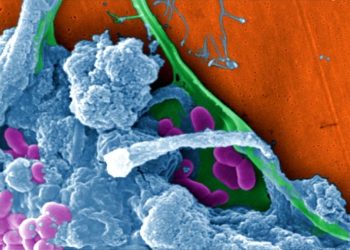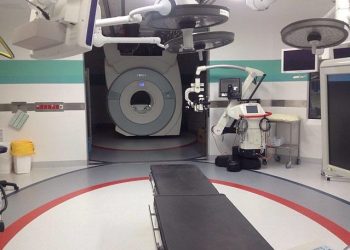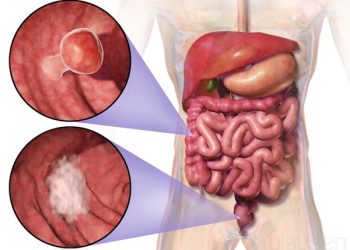Currently in US, citizens are getting administered the vaccines manufactured by three pharma companies, viz. Pfizer, Moderna and Johnson & Johnson. They may well soon expect a new type of vaccine that is being currently developed by the biotech company, Novavax, reports NPR.
The new entrant in the market, known as the protein subunit vaccine works somewhat differently from the current set of vaccines that are being administered in the US.
The three vaccines currently authorized for use in the US work by instructing the body to manufacture something that looks like a piece of the virus, but isn’t. Then, if ever infected with the real virus, the immune system is prepared.
The new protein subunit vaccine, however, already contains that all-important bit, known as the spike protein, meaning the body doesn’t have to produce it on its own. What’s more, the protein subunit vaccine doesn’t require ‘special refrigeration,’ and also contains an ‘adjuvant’ that makes the shot ‘even more protective,’ says the NPR report.
Rather than injecting a whole pathogen to trigger an immune response, subunit vaccines – sometimes called acellular vaccines – contain purified pieces of it, which have been specially selected for their ability to stimulate immune cells. Because these fragments are incapable of causing disease, subunit vaccines are considered very safe.
According to GAVI (Global Vaccine Alliance), the subunit vaccines are already in widespread use. Examples include the hepatitis B and acellular pertussis vaccines (protein subunit), the pneumococcal polysaccharide vaccine (polysaccharide), and the MenACWY vaccine, which contains polysaccharides from the surface of four types of the bacteria which causes meningococcal disease joined to diphtheria or tetanus toxoid (conjugate subunit).
GAVI.org lists the following advantages of subunit vaccines:
— it is a well-established technology;
— the vaccines are suitable for people with compromised immune systems;
— the vaccine does not contain live components, so there is no risk of the vaccine triggering disease; and
— it is relatively stable.
As per NRP report, a large test of the Novavax COVID-19 vaccine’s effectiveness, conducted in tens of thousands of volunteers in the United States and Mexico, is about to wrap up.

Dr. Gregory Glenn, president of research and development for Novavax, told an audience at a recent webinar hosted by the International Society for Vaccines that “we anticipate filing for authorization in the U.K., U.S. and Europe in the third quarter.”
Canadian biotech firm Medicago and pharmaceutical giant Sanofi are also working to create their own versions of protein subunit vaccines. To make the virus protein, Novavax uses giant vats of cells grown in the lab. But there’s another way to make the protein: Get plants in a greenhouse to do it. That’s the approach being followed by Medicago.
The plants used are related to the tobacco plant, and have been modified to contain the genetic instructions to make the viral protein.
The plants do something very valuable — they make a lipid shell that surrounds a bunch of the viral proteins, with the proteins sticking out.
“The plant will assemble the protein in a shape and form that is looking like the virus,” says Nathalie Landry, Medicago’s executive vice president for scientific and medical affairs. “So, if you look at an image of it, it looks like a virus, but it cannot induce any disease. But when [it’s] injected as a vaccine your body will raise a good immune response.”
The pharmaceutical company Sanofi’s protein subunit vaccine against the coronavirus is also grown in cells in the lab. The company is now enrolling volunteers in a large efficacy trial.

















